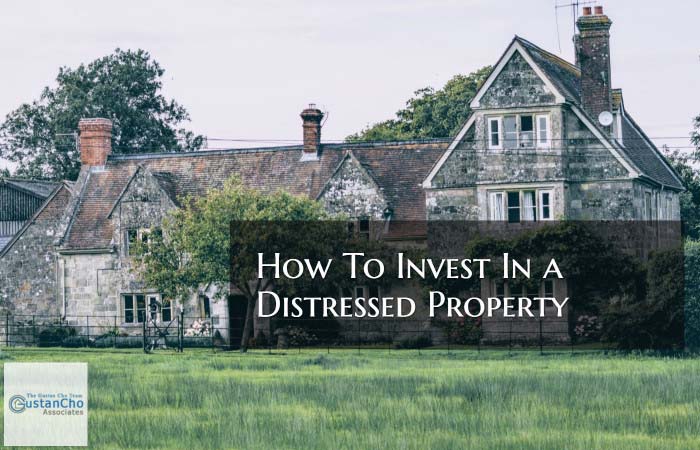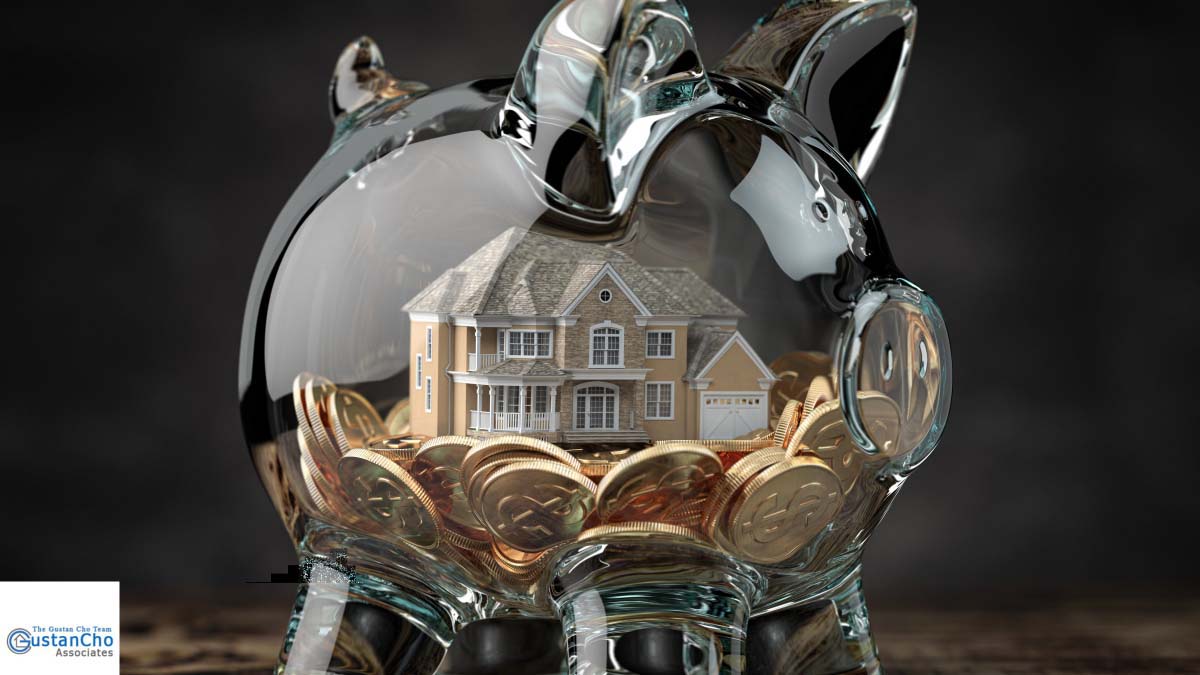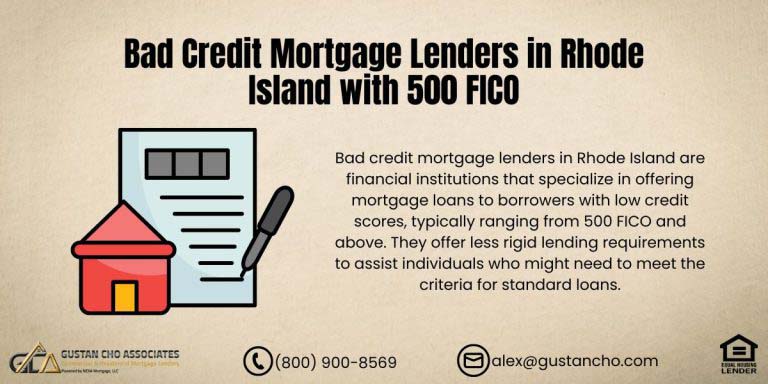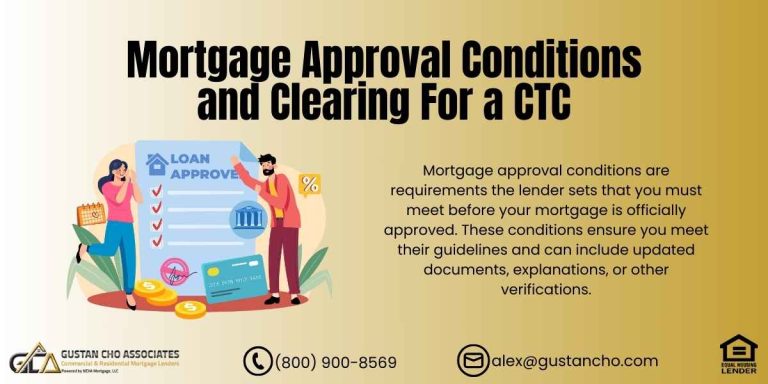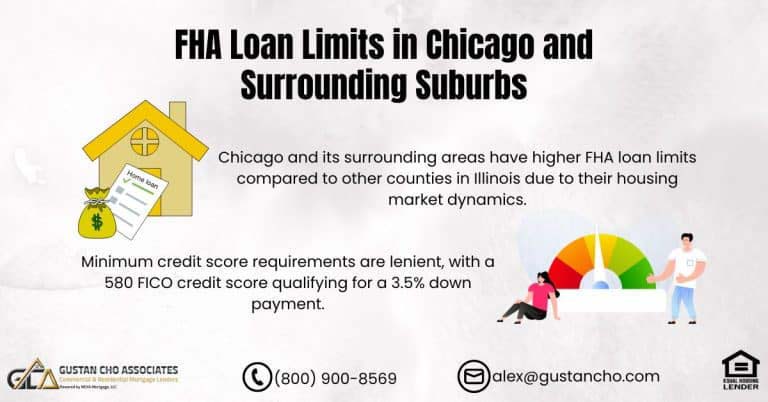This guide covers investing in a distressed property and what you need to know. Distressed properties refer to properties for which the owner defaults on the mortgage. Investing in distressed homes became very common in the late 2000s, with a third of home sales between 2008 and 2011 falling into this category, according to Money magazine writer Lisa Gibbs. While there has been a significant decrease since, many people are still looking to invest in distressed homes, especially in places like Florida. However, over 68 percent of houses in Colorado Springs were purchased by home flippers in the second quarter of 2017, according to worldpropertyjournal.com.
Is Investing in a Distressed Property Profitable?
These properties can be a great deal as the bank wants to get them off their books, listing them for a low price. They’re sold “as-is” and sometimes require extensive and expensive repairs, not to mention loads of time and paperwork. If you’re hoping to become one of the many to invest in a distressed property, there are some things you need to know. This article will discuss and cover investing In a distressed property: What you need to know.
Is Investing in a Distressed Property a Good Investment?
Investing in distressed properties can be profitable, but it comes with challenges and risks. Distressed properties are typically those in poor condition or facing financial difficulties. Here are some considerations and tips for investing in distressed properties:. Explore financing options, including traditional mortgages, private lenders, or hard money loans. Be aware that financing for distressed properties may have higher interest rates and stricter terms.
Thorough Research Before Investing in a Distressed Property
Conduct extensive research on the local real estate market to identify distressed properties. Understand the reasons behind the property distress, such as foreclosure, bankruptcy, or physical deterioration. Assess the potential costs of renovations or repairs needed to bring the property up to market standards—factor in acquisition costs, holding costs, and potential resale value. Perform a thorough inspection of the property to identify any hidden issues. Verify the property’s title and legal status to avoid potential legal complications.
Buying at the Right Price Investing in a Distressed Property
Develop strong negotiation skills to secure the property at the best possible price. Negotiate with lenders, banks, or distressed property owners for favorable terms. Have a clear exit strategy, whether it’s renovating and selling, renting for cash flow, or holding for long-term appreciation.
Build a network of professionals, including real estate agents, contractors, and property managers, who can assist you in the distressed property investment process.
Consider consulting with legal professionals to navigate any legal complexities associated with distressed properties. Stay informed about local market trends and demand to ensure your investment aligns with the current and future needs of the area. Understand that distressed property investments may take time to yield returns. Be patient and have a realistic timeline. Manage risks by being aware of the potential challenges and having contingency plans.
Research Local Regulations
Familiarize yourself with local zoning laws, building codes, and regulations that may impact your ability to renovate or sell the distressed property.
Consider seeking advice from real estate professionals, mentors, or experienced investors who have successfully navigated the distressed property market.
Remember that investing in distressed properties requires careful planning, due diligence, and navigating potential challenges. It’s important to weigh the potential rewards against the risks and ensure that the investment aligns with your financial goals and risk tolerance.
Investing in a Distressed Property: The Unexpected Risks and Inevitable Bumps
Distressed properties come with risks—possible foundation issues, septic problems, mold, and so on—and some you may not consider. Zoning or bank issues, an unclean title, or even bad neighbors are just a few. These things can consume an incredible amount of your time, so if you aren’t ready to deal with them, you may not be ready for this investment.
Investing in a Distressed Property: Consider All The Costs, Not Just Low Market Price
That low market price can be very enticing, but as mentioned, distressed homes can come with many additional costs. Don’t make the mistake of simply buying the cheapest property on the market, believing it will make a great investment. You probably already assume that the home is discounted because of the work needed due to poor conditions, but you also need to consider the location and other factors. For example, if it’s in a bad area, it won’t command a good price or high rent, no matter how beautifully you transform it.
Maintaining Investment Property
It’s necessary to budget and account for as many costs as possible, considering the property’s age, any special distress, how long it’s been sitting that way, and so on to avoid a money pit. Are you hoping to sell the property as soon as possible or rent it out long-term? No matter your goal, knowing your numbers on the front end and understanding how you spend will affect your final return on investment.
If You Need a Mortgage, Get Pre-approved
If you aren’t a professional investor and this isn’t going to be a cash investment, real estate experts advise getting preapproved for a mortgage before making an offer. One of the reasons is that you’ll be competing with investors who typically pay in cash.
If you want a bank to accept your bid, you’ll need to prove that you’re a good, reliable prospect. If the house comes with too much damage and needs extensive repairs, lenders may refuse to finance it.
You might need to come up with extra cash or even take out a second loan, though alternative sources, such as credit unions and smaller regional banks, may be more willing. While investing in a distressed property is not a quick-rich venture, it can be an excellent earning opportunity if done right.
The Troubles You Face To Get Financing
There are two major obstructions to getting financing to invest in distressed properties. First, most sellers won’t wait for you to get a loan, and financiers don’t like lending for distressed properties. An investor with the financial means solves this issue by paying upfront in cash.
Chances are you don’t have the economic backbone. Therefore, you need a Private Lender to back you up.
Hard-money lenders charge high-interest rates but are more willing to finance the purchase. Use the personal line of credit tied to your home’s equity. Doing this can put your credit or house at risk, but it’s a quick and easy way to get financing.
Prepare for Insurance and Tax Hurdles
According to Forbes, buying a new real estate property opens you up to legal and tax issues. If something happens, the company backing your investment can take hold of your assets. Even worse, if you are not living in the house, you are bound to pay “dwelling insurance.” This insurance plan covers damage, whereas you will need another policy for liability.
Your income and deductions will be processed with your tax return if you obtain funds via a limited liability company. Hire tax attorneys, as they can help you with their tax code knowledge.
These attorneys can help you file for returns and act as an intermediary with the IRs to accommodate you. Real estate agents enjoy flexible payment options as the losses are deducted from their family income instead of only personal income. But to qualify as a capable agent, he must show proof of at least 720+ working hours. He must work at a senior level and fix or manage properties. Proving your credentials before the Internal Review Service is the real challenge.


